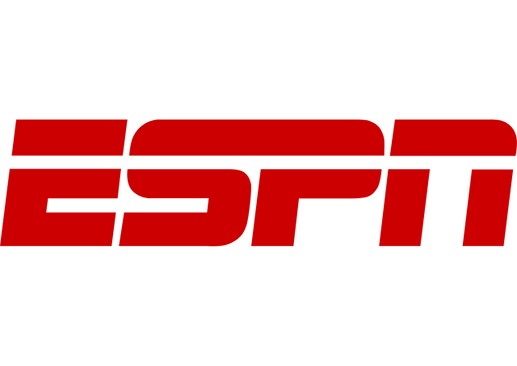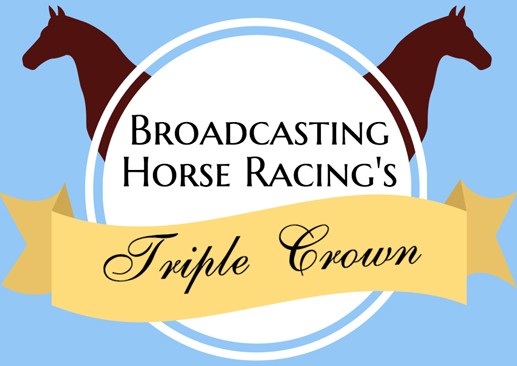ESPN is in the middle of a roster shakeup, with some of its biggest names dropping from its ranks in the last two months. In just the past week, two of those personalities signed with rival networks.
On Wednesday, HBO signed former ESPN personality Bill Simmons to host a weekly sports and pop culture talk show, as well as a production deal to make video podcasts and produce sports documentaries for the premium cable network.
This came a week after popular ESPN radio host Colin Cowherd announced he would be leaving the network to join rival Fox Sports.
Th details are still unknown on what Cowherd will do at his new network, but when he went on the air Wednesday for the first time since the announcement, he had nothing but praise for ESPN management.
Simmons, who was suspended during his time at ESPN for criticisms he made about NFL commissioner Roger Goodell, hasn’t said much about leaving the network either.
Joining them in departure from the network is the controversial commentator and former MSNBC political pundit Keith Olbermann. ESPN did not renew Olbermann’s contract, his second stint at the network. ESPN brought him back in 2013 to host his own show after he helped build the network’s popularity as an anchor in the ‘90s.
The situation is something that sports team would go through with its own roster, but the three departures highlight just how competitive the sports media market is today.
One of the leading theories behind the whole situation for the network is financial stability. ESPN has faced rising production costs and rights fees while it loses subscribers to cord cutting, The New York Times reports. That has cut into its profits.
The money ESPN has to pay just for rights fees is staggering. The network paid $7.3 billion for the college football playoff and $15.2 billion for NFL rights, and that’s just two pieces of its popular programming.
Its biggest names also take home salaries that are similar to what some athletes make. Parting with Simmons, Cowherd and Olbermann should save the network about $10 million, according to The Washington Post. Simmons was believed to be making close to $5 million a year and Cowherd close to $3 million.
The loss of ESPN’s audience could be substantial. Cowherd’s show on ESPN Radio brought in close to 2.5 million listeners this last fall.
Simmons was also the creator and editor-in-chief of the popular online sports and pop culture magazine Grantland, which is run by ESPN. Despite its quality content and loyal following, it has not been profitable for the company and its future seems uncertain.
Even with the recent losses, ESPN still dominates sports media and journalism. Its operating earnings of more than $4 billion makes its the world’s most profitable media brand, according to Forbes.
But it does show that even such a large company isn’t immune to the changes affecting the digital media landscape. Kavitha Davidson points out for BloombergView that ESPN has lost 3.2 million subscribers in the last year thanks to cord-cutting, even though its ratings are still high.
With that trend growing more and more popular with consumers, even in the world of sports television that once seemed immune to it, ESPN might have to balance what it pays for broadcasting rights, the salary of its big names and what it potentially charges for standalone services, if it ever decided to offer them.











